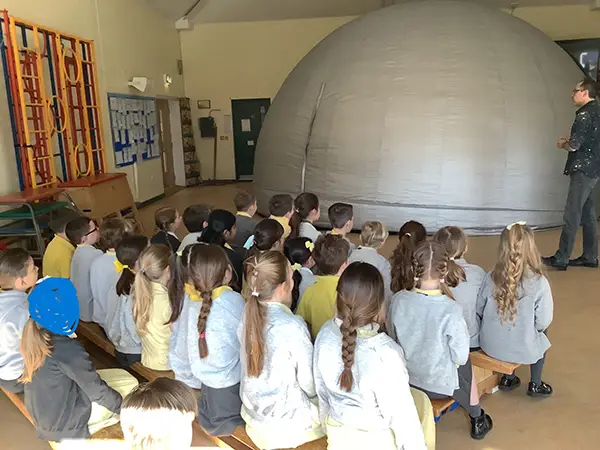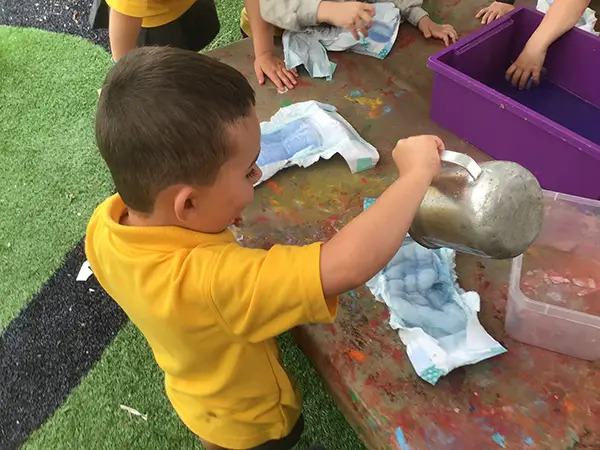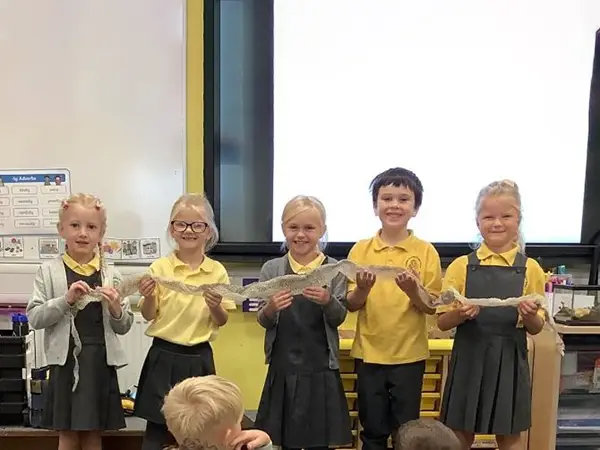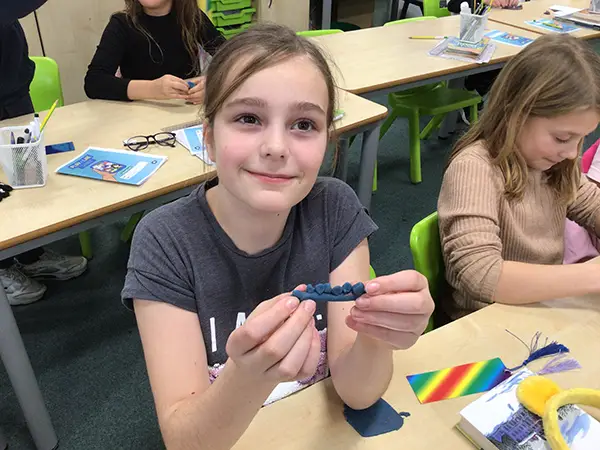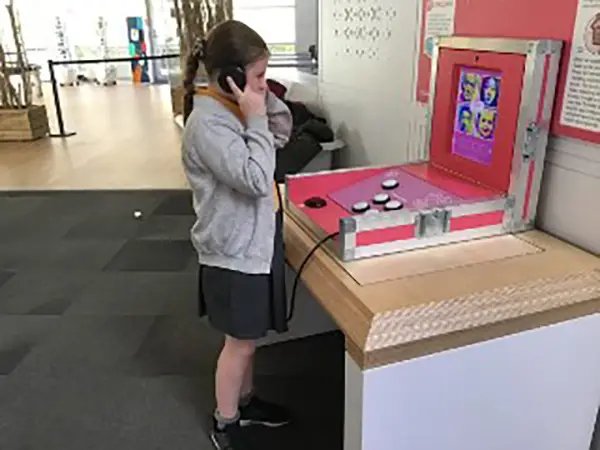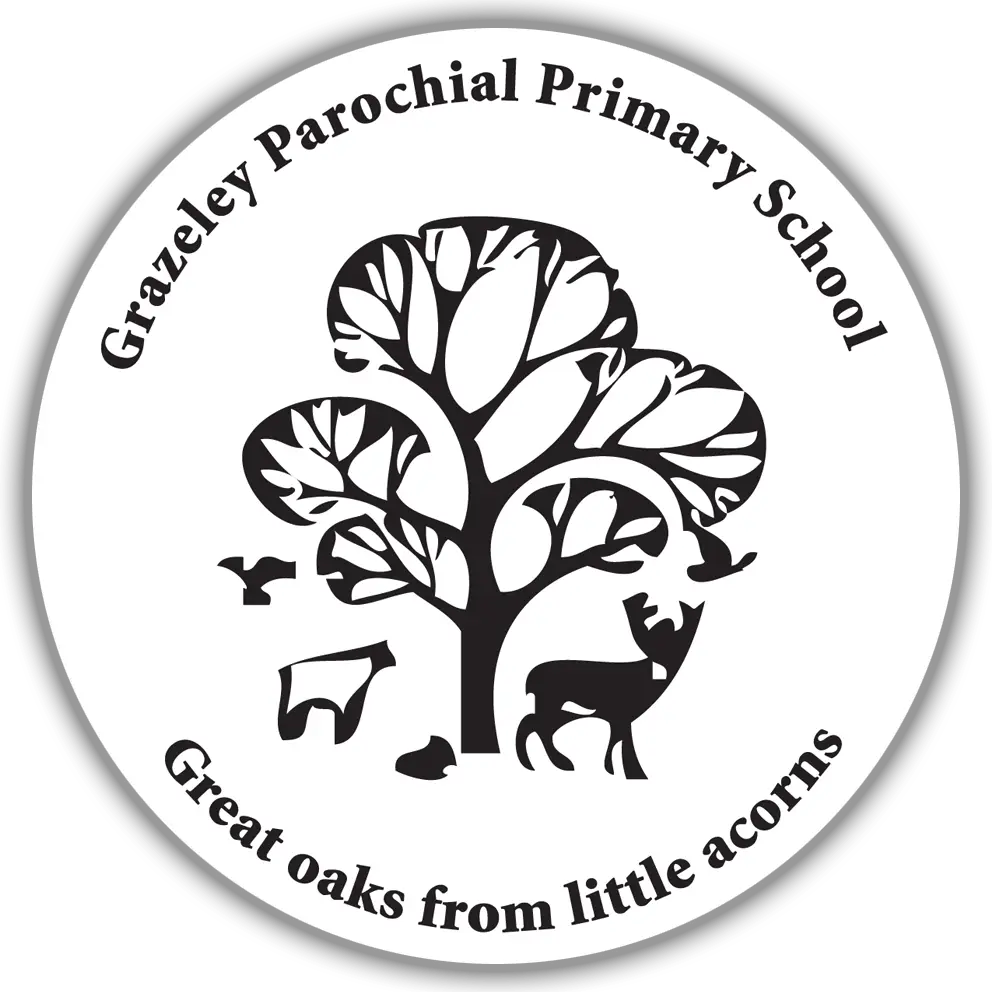- 0118 9883340
- [email protected]
Science
We recognise the importance of science in every aspect of daily life. We foster engaged exploration, thoughtful observations and reflective evaluation so that children can develop a full understanding of the knowledge and skills essential to successful learning in science and in their ongoing life.
Science
National Curriculum Purpose of Study
A high-quality science education provides the foundations for understanding the world through the specific disciplines of biology, chemistry and physics. Science has changed our lives and is vital to the world’s future prosperity, and all pupils should be taught essential aspects of the knowledge, methods, processes and uses of science. Through building up a body of key foundational knowledge and concepts, pupils should be encouraged to recognise the power of rational explanation and develop a sense of excitement and curiosity about natural phenomena. They should be encouraged to understand how science can be used to explain what is occurring, predict how things will behave, and analyse causes.
Intent
Whole School Definition of Science
Science is a way to understand our world by carefully thinking about it and testing our predictions with observations and experiments.
How Science is Taught at Grazeley
At Grazeley Primary School, we believe that children are entitled to have access to a science curriculum that will ignite their curiosity, encourage them to confidently explore and discover the world around them, so that they develop a deeper understanding of the world we live in. Through our teaching and their experiences, we want children to develop a deep and long lasting interest in science and become motivated, lifelong learners.
To achieve this, we ensure pupils have experience with a range of investigation and practical work, in order to develop their understanding and progress their skills of investigation.
At Grazeley Primary School, we use Cornerstones as a vehicle to deliver the National Curriculum.
In EYFS, children are given the freedom to explore their natural world and to make observations of the world around them. This is linked to stories and rhymes which begin to develop an understanding of the natural world.
Key Stage 1 introduces children to the basic ideas of science as study of plants, animals, including humans, everyday materials, seasonal changes and living things and their habitats.
In Key Stage 2, our curriculum progresses, building on and introducing new substantive and disciplinary knowledge. Throughout their time at Grazeley, we ensure children will regularly revisit and recap previous learning, in order to maintain knowledge in their long term memory.
At Grazeley Primary School, science is taught through 4 ‘Big Ideas’ that repeat throughout the curriculum. (In brackets, are other important related concepts.) These provide lenses through which to consider the different aspects of science. These are split into the substantive knowledge that children must know and remember and the disciplinary knowledge that they need to understand in order to be scientists.
Substantive Knowledge
1. Physics
P1: The universe follows unbreakable rules that are all about forces, matter and energy.
P2: Forces are different kinds of pushes and pulls that act on all the matter that is in the universe. Matter is all the stuff, or mass, in the universe.
P3: Energy, which cannot be created or destroyed, comes in many different forms and tends to move away from objects that have lots of it.
2. Chemistry
C1: All matter in the universe is made up of tiny building blocks.
C2: The arrangement, movement and type of the building blocks of matter and the forces that hold them together or push them apart explain all the properties of matter (e.g. hot/cold, soft/hard, light/heavy, etc).
C3: Matter can change if the arrangement of these building blocks changes.
3. Biology
B1: Living things are special collections of matter that make copies of themselves, use energy and grow.
B2: Living things on Earth come in a huge variety of different forms that are all related because they all came from the same starting point 4.5 billion years ago.
B3: The different kinds of life, animals, plants and microorganisms, have evolved over millions of generations into different forms in order to survive in the environments in which they live.
4. Earth Science
E1: The Earth is one of eight planets that orbit the sun.
E2: The Earth is tilted and spins on its axis leading to day and night, the seasons and the climate.
E3: The Earth is made up of several layers, including a relatively thin rocky surface which is divided into tectonic plates, and the movement of these plates leads to many geologic events (such as earthquakes and volcanoes) and geographical features (such as mountains.)
Disciplinary Knowledge (being a ‘scientist’)
- Exploring
- Classification
- Experimenting and Investigating
- Collecting and interpreting data
- Making conclusions
Implementation
Cornerstones Curriculum
Our curriculum is based on the Cornerstones Maestro curriculum. We prioritise the teaching of our 4 ‘Big Ideas’ when deciding on the aspects of each historic period to focus on.
Whole School Overview
Learning Journey
Memorable experiences are planned in when they clearly support the learning. Each unit ends with an innovate task which is an opportunity to put learning into context and for an audience.
During STEM week, the children take park in a STEM carousel day where each teacher across the school team up to run different science experiments/ investigations in their classrooms. Throughout the course of the day, the children visit every classroom to take part in a variety of activities.
Feedback and Assessment
We use ‘proof of progress’ questions in each lesson to determine progress made. We assess disciplinary skills using an assessment grid which reflects the progression of scientific skills in each year group. These assessments are made during at at the end of each unit of work.
Impact

